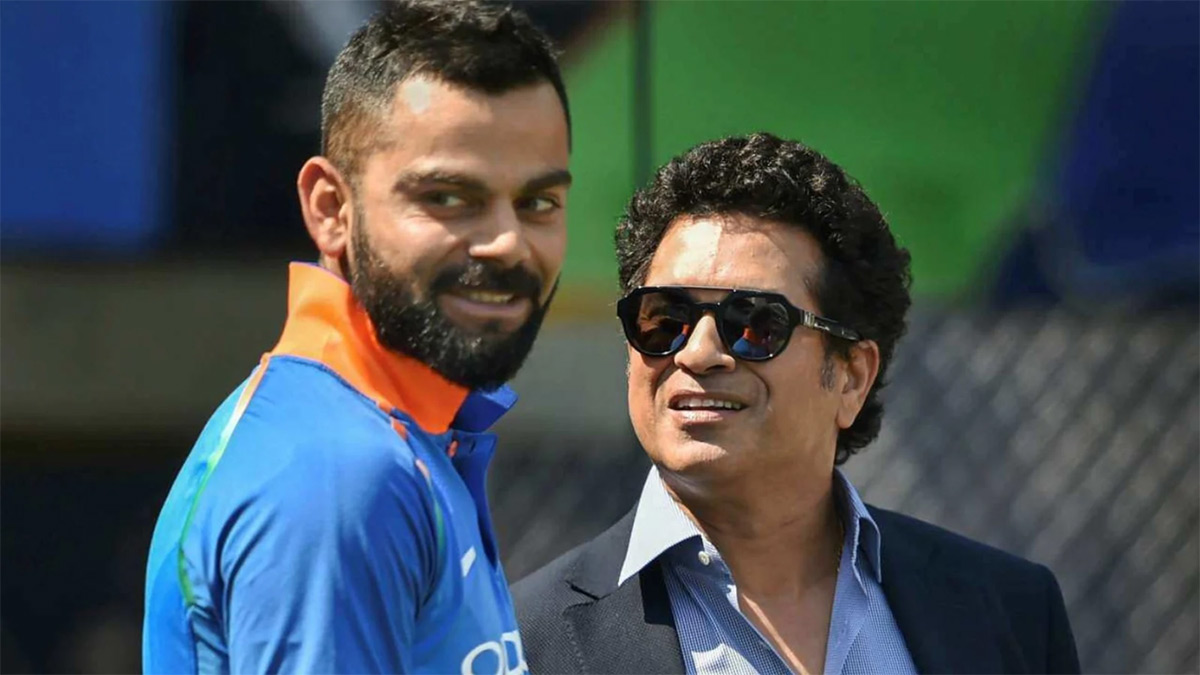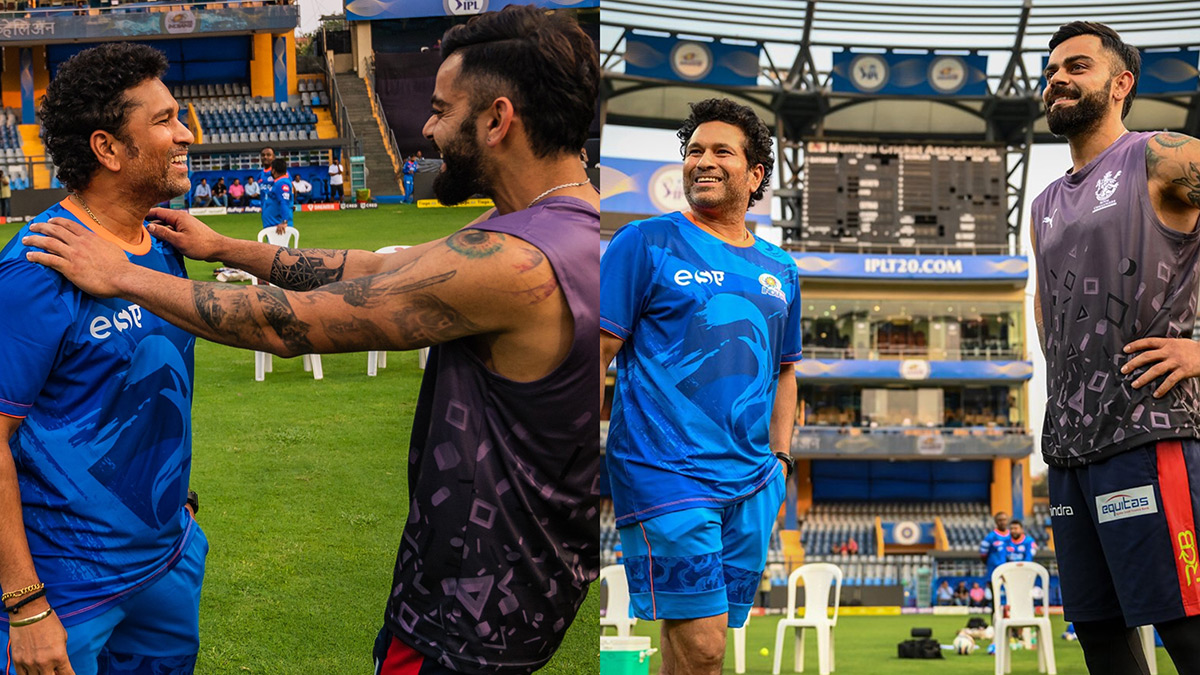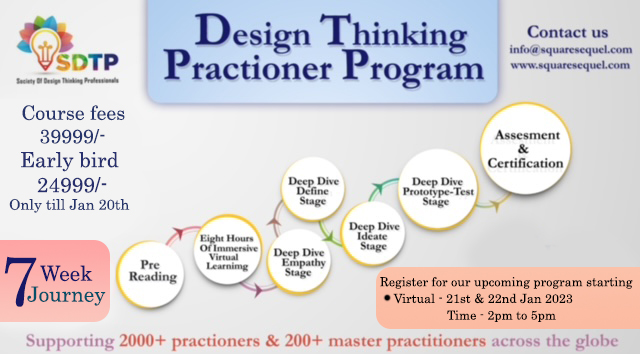“True mentors have this unique ability to pick up vibes that everyone else misses from within you.”
– Ahmad R Kazi
Throughout history, mentorship has been a guiding light for countless individuals seeking wisdom, knowledge, and personal growth. From ancient civilizations to modern societies, the mentor-mentee bond has been revered for its transformative power in shaping leaders, thinkers, and visionaries. Whether found in the profound teachings of Greek philosophers or the contemporary mentorship programs in various fields, the mentor-mentee relationship continues to play a pivotal role in nurturing human potential.
At its core, the mentor-mentee relationship is a symbiotic connection between an experienced mentor and a brand-new explorer, a mentee, driven by a shared commitment to learning and development. Unlike traditional educational settings, this alliance extends beyond the mere transfer of knowledge; it involves a profound exchange of life experiences, perspectives, and insights that enrich the mentee’s journey on a personal and professional level.
The ability of a true mentor to “pick up vibes” within their mentee is a testament to the depth of this relationship. It goes beyond surface-level interactions, delving into the realm of empathy and understanding. A mentor’s keen perception allows them to connect with their mentee on a deeper level, recognizing the unique strengths, weaknesses, and aspirations that define the individual.
The concept of mentorship has deep historical roots, with examples found in myths and legends from various cultures. In ancient Greek mythology, the mentor-mentee relationship is epitomized in the story of Chiron and Achilles. Chiron, the wise centaur, served as a mentor to the young hero Achilles, nurturing his potential and guiding him on his journey to greatness. This tale underscores the timeless value of mentorship in shaping heroes and leaders, highlighting its significance in fostering personal and collective growth.
The mentoring connection, whether you are the mentor or the mentee, can propel your career to new heights. Mentoring has numerous advantages. Individually, research shows that successful mentorship can lead to improved job success, including promotions, raises, and expanded possibilities. Mentoring-friendly organizations enjoy higher levels of employee engagement, retention, and knowledge sharing.
- 97 percent of people who have a workplace mentor believe it is beneficial.
- 89 percent of mentored individuals will go on to mentor others.
- Only 25 percent of employees who participated in a mentoring program had their salary grades changed, compared to only 5 percent of those who did not.
- Mentees were five times more likely to advance in their careers.
- Mentoring resulted in a boost in production for 67 percent of organizations.
While these figures are encouraging, it is crucial to realize that mentoring is not magic that guarantees success. Effective mentoring requires effort, and developing successful mentoring relationships necessitates specialized abilities, sensibilities, and structure on the part of both the mentor and the mentee.
Let’s explore the essence of the mentor-mentee relationship, its roles, responsibilities, and attributes of a successful mentor-mentee relationship.
What Is A Mentor-Mentee Relationship?

The mentor-mentee relationship is not confined to the pages of history or the realm of mythology; it thrives in contemporary settings, shaping lives and inspiring accomplishments. This connection extends beyond the mere transfer of knowledge; it encompasses the sharing of life experiences, perspectives, and profound insights that enrich the mentee’s journey.
Malala Yousafzai, a Pakistani activist for female education and the youngest Nobel Prize laureate survived a targeted attack by the Taliban in 2012. Her advocacy for girls’ education and her defiance against the oppressive forces that sought to silence her made her an international symbol of courage and resilience.
On the other side of the world, Emma Gonzalez emerged as a prominent voice for gun control and youth activism after surviving the tragic mass shooting at Marjory Stoneman Douglas High School in Parkland, Florida, in 2018. Her impassioned speeches and unwavering determination to challenge the status quo resonated with millions worldwide, making her a leading figure in the fight for gun reform.
Despite growing up on different continents and under vastly different circumstances, Malala and Emma share a common drive to bring about positive change in their communities and beyond. Their paths crossed when Malala visited the United States and met Emma in 2018. The meeting was a catalyst for a mentor-mentee relationship that would profoundly impact both of their lives.
Emma found solace and inspiration in Malala’s unwavering commitment to education and activism, seeing in her a mentor who had faced adversity and emerged stronger. Malala’s ability to connect with Emma on a personal level, understanding the unique struggles of youth activism and the emotional toll of surviving a school shooting, allowed her to offer invaluable guidance and support.
In turn, Malala was inspired by Emma’s fearlessness and determination to tackle one of the most pressing issues facing American society – gun violence. She recognized Emma’s potential as a leader and an agent of change and sought to empower her to make a lasting impact on her community and country.
Their mentor-mentee relationship went beyond exchanging messages of encouragement and advice. Malala invited Emma to join her on a journey to meet with young activists in various countries, discussing their shared experiences and challenges. Together, they formed a powerful duo, combining their voices to advocate for change and empower young people worldwide.
As their relationship continues to grow, both Emma and Malala serve as role models for millions of young people around the globe. Their joint efforts, both in their mentorship and activism, demonstrate the power of a robust mentor-mentee connection in igniting a flame of change that burns brightly across borders and generations.
Roles and Responsibilities Of Mentor And Mentee

The mentor-mentee relationship in India has a long history, from ancient guru-shishya traditions to contemporary mentorship programs. One prominent example that showcases the significance of this bond is the mentorship between Indian cricket legend Sachin Tendulkar and Virat Kohli, the current captain of the Indian cricket team.
Role of the Mentor – Sachin Tendulkar

As one of the most revered cricketers in the world, Sachin Tendulkar’s impact on the sport and his nation is immeasurable. Throughout his illustrious career, he was not just a cricketing icon but also a role model for aspiring players, especially Virat Kohli, who looked up to him with great admiration.
a. Guidance and Support
During the 2014 England tour, Sachin Tendulkar provided invaluable guidance and support to a struggling Virat Kohli. Sensing Kohli’s frustration with the challenging conditions, Tendulkar advised him to trust his instincts and remain composed. Inspired by his mentor, Kohli showcased resilience and scored a defining century at Edgbaston. Tendulkar’s mentorship played a pivotal role in shaping Kohli’s mental fortitude and instilling belief in his abilities, exemplifying the transformative impact of mentorship in nurturing young talent in professional cricket.
b. Setting an Example
Sachin Tendulkar set an example for Virat Kohli during a crucial match against Australia in the 2011 ICC Cricket World Cup. Tendulkar, known for his unwavering commitment to the game, was facing pressure to score his 100th international century. Despite the weight of expectations, Tendulkar remained composed and focused on the team’s success. In the match, he played a crucial innings, scoring a brilliant 53 runs, contributing to India’s victory. Kohli witnessed firsthand Tendulkar’s dedication and humility, understanding the importance of prioritizing the team’s goals over personal milestones, and this left a lasting impression on the young cricketer.
c. Building Confidence
During the 2014 Test series against England, Virat Kohli faced a slump in form, struggling to convert promising starts into big scores. Recognizing Kohli’s self-doubt, Sachin Tendulkar stepped in as a guiding force. Ahead of the fourth Test at Manchester, Tendulkar shared a heart-to-heart conversation with Kohli. He reminded Kohli of his immense talent, encouraging him to trust his abilities and play his natural game. Tendulkar’s belief in Kohli’s potential rejuvenated the young cricketer’s confidence. In the Manchester Test, Kohli responded with a spectacular 58 and 103, showcasing renewed self-assurance and determination. Tendulkar’s words of encouragement proved instrumental in Kohli’s resurgence and reinforced their special mentor-mentee bond.
d. Nurturing Leadership
In the lead-up to the 2017 ICC Champions Trophy, Sachin Tendulkar recognized the potential leadership qualities within Virat Kohli. With India’s regular captain, MS Dhoni, stepping down from captaincy, the tournament provided an opportunity for Kohli to lead the team. Tendulkar took it upon himself to mentor Kohli on the nuances of captaincy. He shared valuable insights on man-management, decision-making under pressure, and fostering a positive team environment. During a practice session, Tendulkar engaged in a one-on-one discussion with Kohli, offering guidance on how to inspire and motivate the team to bring out their best. Kohli’s captaincy debut in the Champions Trophy was commendable, and Tendulkar’s mentorship proved instrumental in nurturing Kohli’s leadership potential.
e. Providing Emotional Support
During the 2018 tour of South Africa, Virat Kohli faced a formidable challenge as he struggled to convert his starts into big scores. Feeling the weight of expectations, Kohli found himself under immense pressure to perform. Recognizing the toll it was taking on the young captain, Sachin Tendulkar reached out to offer emotional support. Ahead of a crucial match, Tendulkar spoke to Kohli, sharing his own experiences of handling pressure and overcoming similar obstacles. Tendulkar’s words of reassurance and understanding helped Kohli find inner strength and regain his focus. Kohli responded with a magnificent century in the match, and Tendulkar’s emotional support played a vital role in guiding him through challenging times.
Role of the Mentee – Virat Kohli

As the mentee, Virat Kohli embraced his responsibilities with humility and dedication, making the most of the invaluable opportunity to learn from one of the greatest cricketers of all time.
a. Active Participation
During a practice session before a crucial overseas series, Virat Kohli approached Sachin Tendulkar for advice on improving his technique against swing bowling. Kohli expressed his eagerness to address this aspect of his game, acknowledging its importance in succeeding in challenging conditions. Tendulkar, impressed by Kohli’s proactive approach, spent hours with him, providing personalized coaching and sharing his own insights on facing swing bowling. Kohli listened attentively, asked thoughtful questions, and diligently implemented Tendulkar’s suggestions into his training regimen. This active participation and receptiveness to feedback enabled Kohli to develop his skills further, leading to a remarkable improvement in his ability to handle swing bowling effectively during the series.
b. Embracing Feedback
After a Test series where Virat Kohli struggled with his footwork against spin bowling, Sachin Tendulkar approached him with constructive feedback. Tendulkar noticed a pattern in Kohli’s dismissals and suggested some adjustments to his foot positioning and shot selection against spinners. Rather than becoming defensive, Kohli humbly acknowledged the need for improvement and embraced Tendulkar’s feedback. He spent extensive hours in the nets, diligently working on the suggested changes. In the subsequent Test series, Kohli demonstrated remarkable improvement in his technique against spin bowling, scoring crucial runs and showcasing his ability to adapt.
c. Goal-Oriented Approach
Before the 2019 ICC Cricket World Cup, Virat Kohli set a clear and ambitious goal for himself and the team – to win the tournament and bring the World Cup trophy back to India. Under the mentorship of Sachin Tendulkar, Kohli outlined specific performance targets for himself, aiming to be the leading run-scorer of the tournament and ensuring consistent contributions to the team’s success. He also emphasized the importance of team unity and collective effort toward achieving their shared goal. Throughout the World Cup, Kohli remained focused and driven, leading by example and inspiring his teammates to give their best.
d. Perseverance and Learning
During a challenging overseas Test series, Virat Kohli encountered a prolonged lean patch, failing to convert promising starts into significant scores. Frustration and self-doubt crept in, but Kohli exhibited perseverance, refusing to be deterred by the setbacks. Drawing inspiration from Sachin Tendulkar’s career, Kohli reminded himself that even legends faced tough phases and emerged stronger. He approached each match with a determined mindset, analyzing his weaknesses, and learning from each dismissal. Kohli sought Tendulkar’s advice on mental resilience and the importance of staying positive during tough times.
e. Gratitude and Respect
During a ceremony to honor Sachin Tendulkar’s contribution to cricket, Virat Kohli took the opportunity to publicly express his gratitude and admiration for his mentor. Kohli spoke eloquently about the impact Tendulkar had on his cricketing journey, emphasizing how Tendulkar’s guidance and support played a pivotal role in shaping his career. He highlighted the moments of self-doubt that Tendulkar helped him overcome and the invaluable life lessons he learned from the cricketing legend. Kohli credited Tendulkar for instilling in him a sense of discipline, humility, and respect for the game.
In a heartfelt moment on In Depth with Graham Bensinger, Sachin Tendulkar recalled the emotional exchange with Virat Kohli as Tendulkar’s international career came to an end. Kohli gifted Tendulkar the sacred thread his late father had given him as a token of gratitude and inspiration. Touched by the gesture, Tendulkar kept it for a while but eventually returned it, insisting it should stay with Kohli forever. Both cricketing legends were deeply moved by the farewell, reflecting the profound mentor-mentee bond they shared throughout Tendulkar’s iconic 25-year career in Indian cricket.
https://academic.oup.com/jpids/article/10/11/1040/6328551
https://www.togetherplatform.com/blog/how-to-build-a-successful-mentor-relationship
https://www.youtube.com/watch?v=MOIa8yd_O4I
https://miro.medium.com/v2/resize:fit:2000/1*P5fuu2m-9WJ5MAxhwj4-lA.png
https://www.elmhurst.edu/wp-content/uploads/2021/10/teacher-mentor-illustration.jpg
https://circleofcricket.com/post_image/post_image_5fde2c5.jpg
Written By: Jimmy Jain
Edited By: Afreen Fatima
Society of Design Thinking Professionals









